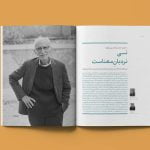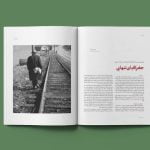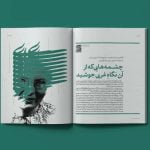
Rumi's world

The Relationship between Shams and Rumi
That Shams brought about a spiritual metamorphosis in Rumi we cannot begin to doubt, but the nature of their relationship transcended the traditional roles of master and disciple. If Rumi…

Rumi in Search of Shams
Some of the poems in the Divan-e Shams seem to have been composed shortly after the departure of Shams, and they confirm that Rumi thought he had gone to Syria…
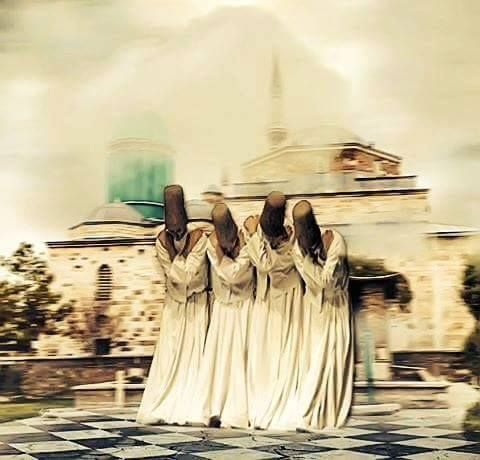
Rumi and the Idea of Unity of Being
For Rumi, the creation is a multichrome and multiform manifestation of the single resplendent whiteness that is God. The creation is the explosion of this primal colorlessness into form and…
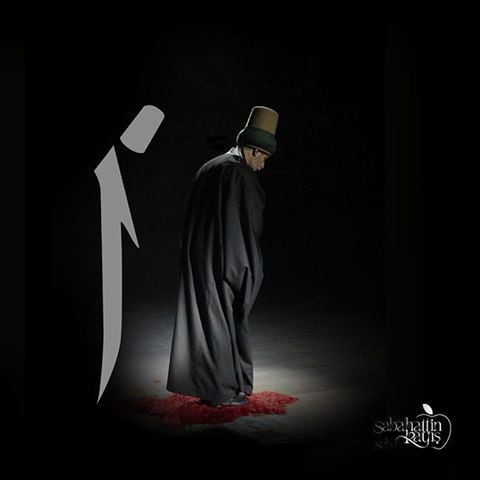
The Many Names of Rumi
Mowlana Khwodavandgar Jalal al-Din Mohammad b. Mohammad al-Balkhi al-Rumi was born September 30, 1207 in Balkh. His given name at birth was Mohammad, like his father. From an early age…

Rumi and the Historical and Political Conditions of His Time
The century in which Rumi lived was one of the most tumultuous in the history of the Middle East and Central Asia. When he was about 10 years old the…

An Introduction to Rumi
Recognized as perhaps the greatest mystical poet of Islam, Jalal al-Din Rumi (1207-1273) communicated something through his writing that has attracted spiritual seekers from almost every religion in the world,…
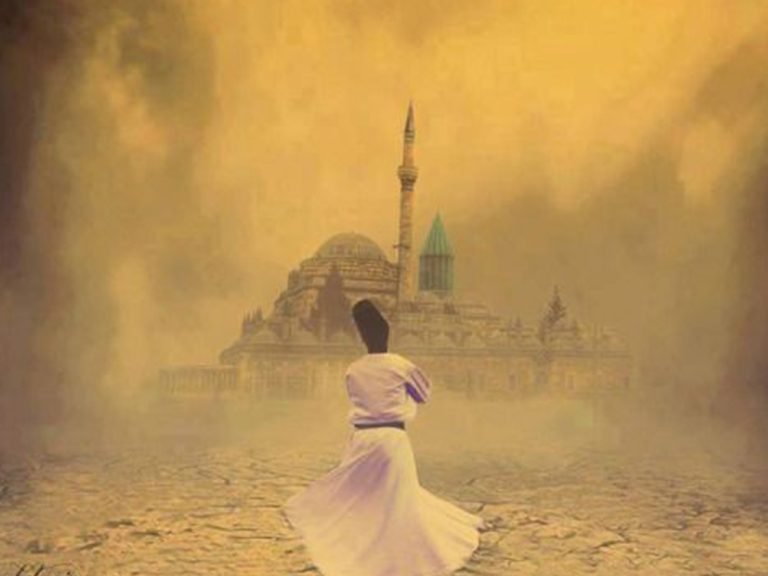
Inner Meaning in Rumi’s View
Like Sana’i and the other Sufis before him, Rumi held that the true meaning or significance (ma‘ni) of things and words and religious praxis must be discovered and revealed beyond…
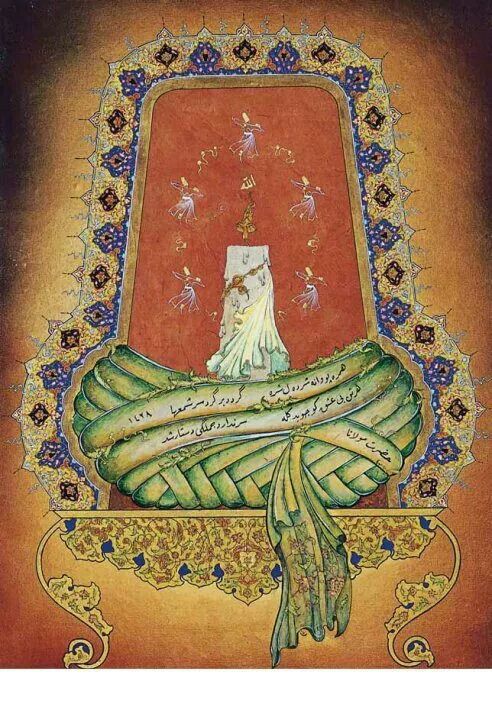
A Rumi Review: Islam, the Law, the Spirit
In the prose introduction to the fifth book of the Masnavi, Rumi tells us exactly where he stands within the Muslim tradition of Law (Shari’at), the way of the Sufis…

Reason versus Spirit
Light up a fire of love within your soul Burn up these thoughts and words from head to toe! (M2:1763) Rumi is not opposed to rational philosophy, but he perceives…
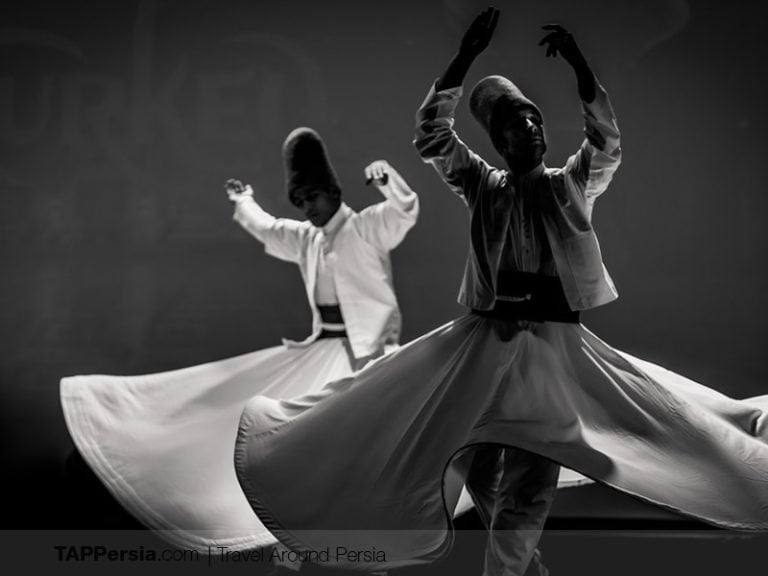
The Practice of Sama’
The Sufi practice that is discussed the most in the early manuals of Sufism is listening to music, commonly referred to as ‘musical audition’ (Sama’). Sama‘ ideally involves the use…









